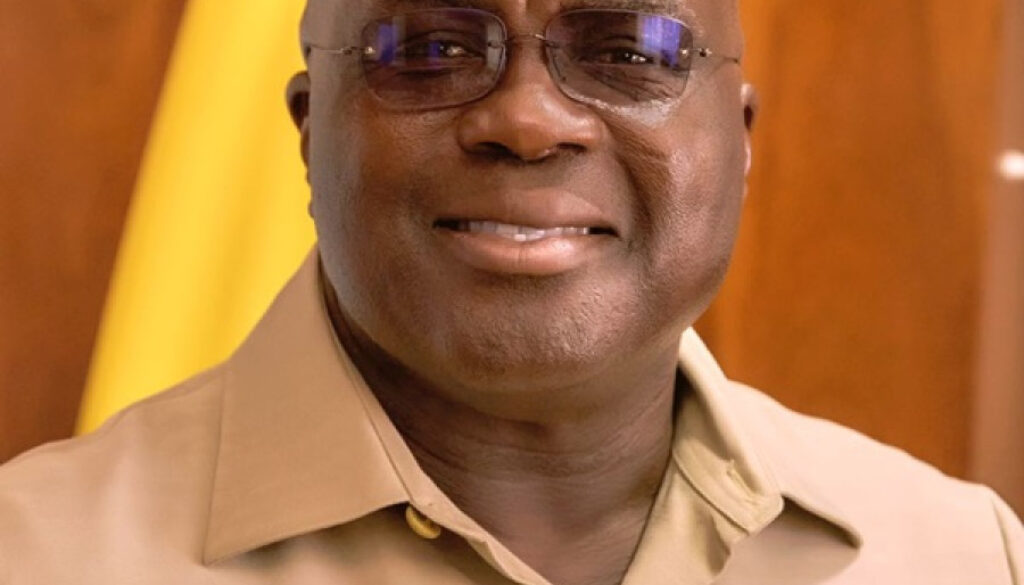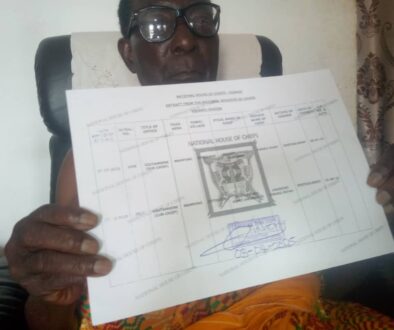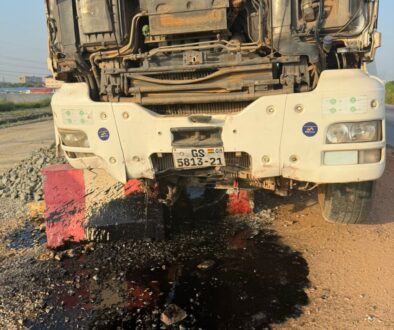Chief of Staff inaugurates team to draft bold new anti-corruption Strategy
In a decisive move to rejuvenate Ghana’s anti-corruption fight, Chief of Staff Julius Debrah has inaugurated a high-level working group tasked with drafting the country’s second National Anti-Corruption Strategy.

This initiative, he said, follows a direct mandate from President John Dramani Mahama to deliver what he described as “a beating, impactful rhythm” in the nation’s efforts to tackle corruption.

Mr.Julius Debrah
Speaking at the inauguration ceremony at the Presidency, Mr. Debrah acknowledged that while the previous framework—the National Anti-Corruption Action Plan (NACAP)—delivered some institutional gains, it fell short in curbing corruption across the board.
“One could argue that NACAP has not performed too well when it comes to the actual reduction of corruption in our country… and the evidence is out there for all Ghanaians to see,” Mr. Debrah stated. “We must reverse this trend, and I charge this group to ensure the new strategy does precisely that.”
He cited examples of NACAP-era progress, including reforms in port digitization, financial oversight, and the establishment of institutions like the Office of the Special Prosecutor (OSP) and strengthening of EOCO. However, he lamented that despite these strides, Ghana’s Corruption Perception Index (CPI) slipped from a high of 48% to a historic low of 42%.
Calling for a bold and honest reassessment, Mr. Debrah emphasized that Ghana’s new anti-corruption strategy must break with past assumptions.
“The complexities of corruption that confront us today require not just legislation, but leadership, strong political will, ethical grounding, and technology-driven enforcement,” he said.
The newly constituted working group is expected to deliver a comprehensive draft by August 31, 2025. It will operate under the coordination of the Office of the Presidential Advisor on Anti-Corruption, working closely with CHRAJ, the Attorney General’s Department, the OSP, civil society, and other stakeholders.
Framing corruption as a moral issue as much as a legal one, Mr. Debrah underscored the ethical foundations that must underpin the new policy framework.
“The next strategy must deliver a kind of shock therapy—something that repositions the anti-corruption fight with purpose and results,” he declared.
He assured the team of the full backing of the Presidency, while urging prudent resource use in light of the country’s economic situation.
Ending with a tone of urgency and resolve, Mr. Debrah charged the team:
“We expect nothing less than your fullest commitment to the cause. The future of our democratic integrity depends on it.”
Source : Kobina Darlington/Peacefmonline






